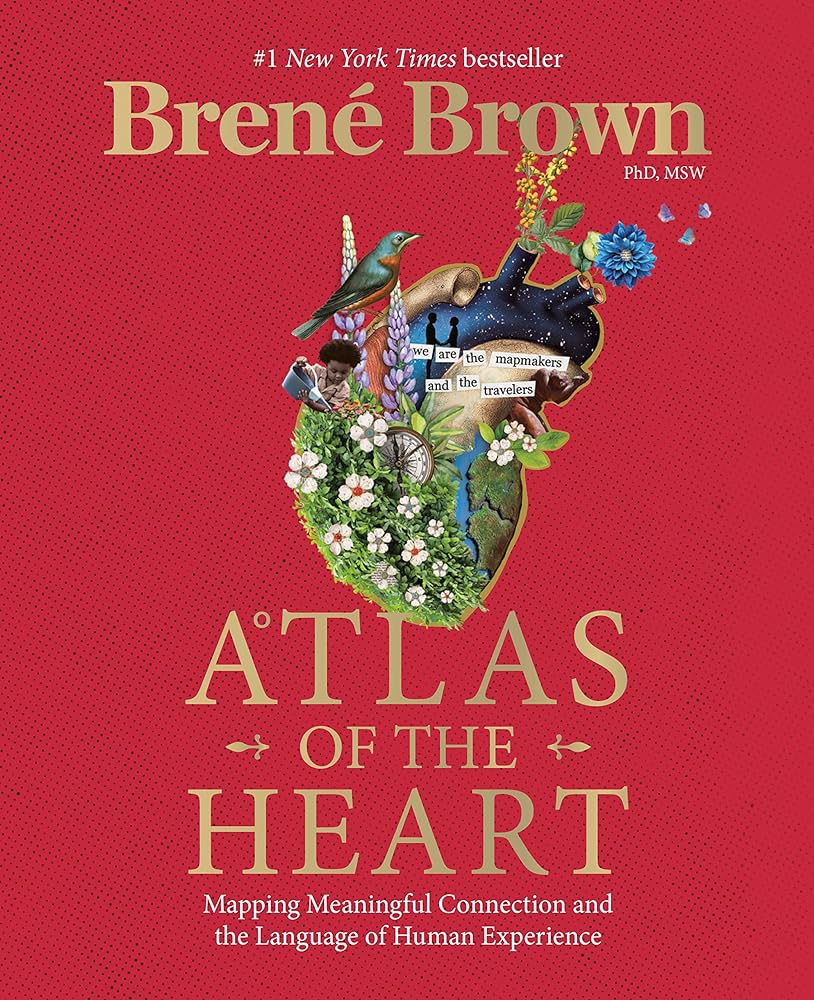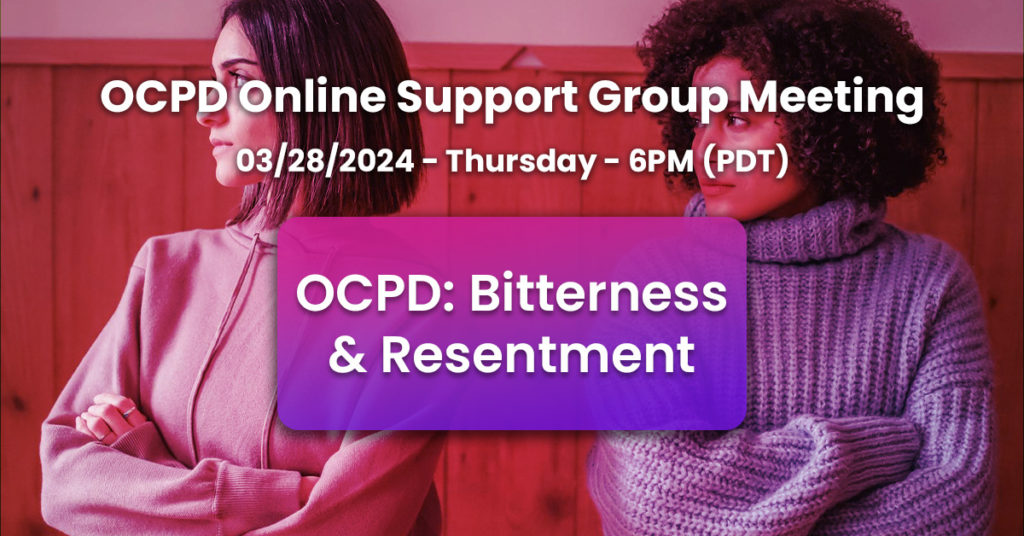In “Atlas of the Heart”, the section on Resentment is, perhaps surprisingly, grouped under the larger umbrella of Comparison. Below is an abridged section on Resentment as well as some reflection questions added afterwards.

Places We Go When We Compare
Comparison, Admiration, Reverence, Envy, Jealousy, Resentment, Schadenfreude, Freudenfreude
Resentment
Understanding resentment—how it works in my life, where it comes from, and how I stay out of it—has been one of my lifelong struggles. This is not something that’s easy for me to share with you, because, on top of struggling with resentment, I’m judgmental toward my own resentment. Let me explain. We know from the research that unwanted identity is the most powerful elicitor of shame. If you want to know what’s likely to trigger shame for you, just fill in this sentence stem: It’s really important for me not to be perceived as _________. “Resentful” and “bitter” are definitely on my list. So, I struggle with feeling resentment and I struggle with how struggling with resentment makes me feel.
For years, I assumed that resentment was a form of anger related to my perfectionism. I mostly felt resentful toward people whom I perceived to be not working or sacrificing or grinding or perfecting or advocating as hard as I was. You want to see me go into full-tilt resentment, just watch someone tell me, “Yeah. I stopped working on it—it’s not exactly perfect, but it’s good enough” or “I know it’s due tomorrow, but I’m wiped out so I’m packing it in” or “I don’t get involved in those issues—they really don’t affect me.” Ugh. IT IS ON.
I’ve spent decades working on my perfectionism, and that helped, but resentment remained an issue. Then, all of a sudden, in one sentence—my life changed. I was interviewing the emotions researcher and writer Marc Brackett for our Unlocking Us podcast, and we were chatting before the actual recording started.
Out of the blue, I said, “Before we start, I’ve got a personal question. Is resentment part of the anger family?”
Without hesitation, Marc replied, “No. Resentment is part of envy.”
Oh, holy shit.
I’m not mad because you’re resting. I’m mad because I’m so bone tired and I want to rest. But, unlike you, I’m going to pretend that I don’t need to. I’m not furious that you’re okay with something that’s really good and imperfect. I’m furious because I want to be okay with something that’s really good and imperfect. Your lack of work is not making me resentful, my lack of rest is making me resentful.
[…] Now when I start to feel resentful, instead of thinking, What is that person doing wrong? or What should they be doing? I think, What do I need but am afraid to ask for? While resentment is definitely an emotion, I normally recognize it by a familiar thought pattern: What mean and critical thing am I rehearsing saying to this person?
Here’s our definition:
Resentment is the feeling of frustration, judgment, anger, “better than,” and/or hidden envy related to perceived unfairness or injustice. It’s an emotion that we often experience when we fail to set boundaries or ask for what we need, or when expectations let us down because they were based on things we can’t control, like what other people think, what they feel, or how they’re going to react.
Reflection Prompts:
- What role does resentment or bitterness take up in your relationships?
- Do you find it’s difficult to trust others, or forgive?
- When something doesn’t work out how you planned, and you think another is at fault, what actions do you take?
- Are there any recurring judgments that come up for you when you feel resentment?
- How does it feel to learn that resentment is tied to envy, expectations, and control?
- Has reading this excerpt revealed any opportunities for changing the way you navigate feelings of resentfulness?

![[Zoom Meeting] OCPD & Disgust 🤢](https://www.youmeandocpd.com/wp-content/uploads/2023/12/2023-12-14-OCPD-Disgust-1024x536.jpg)
![[Zoom Meeting] Reflecting on the Year 2023 📝🔍](https://www.youmeandocpd.com/wp-content/uploads/2023/12/2023-12-28-OCPD-Reflecting-on-the-Year-1024x536.jpg)